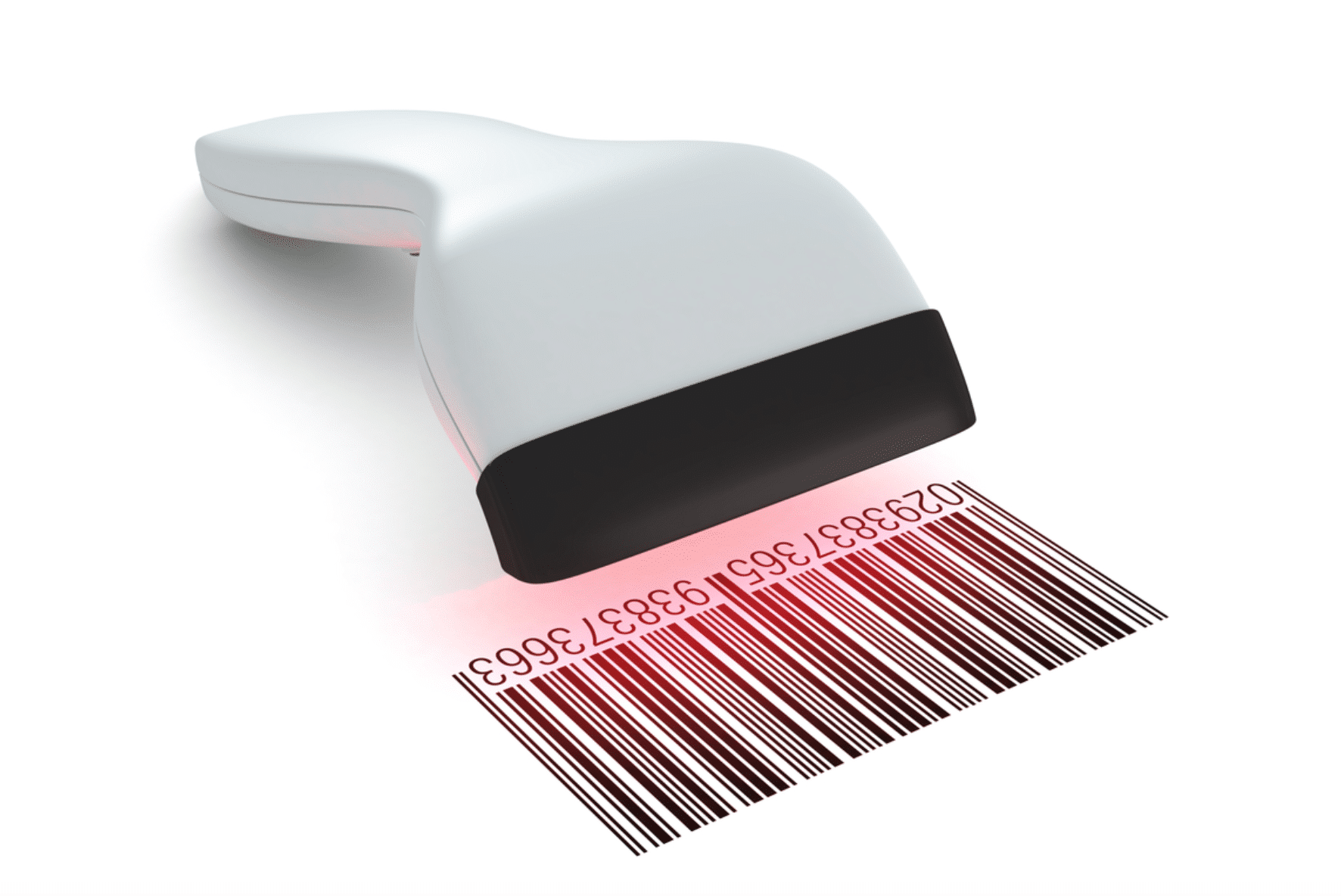Lightweight Barcodes Scanners for All-Day Use
Lightweight Barcodes Scanners for All-Day Use
Blog Article
Why Barcode Scanners Are Necessary for Modern Retail and Warehousing
In the swiftly evolving landscape of retail and warehousing, the assimilation of barcode scanners has come to be a critical aspect in improving procedures and enhancing accuracy. As organizations make every effort for competitive advantage, recognizing the multifaceted advantages of barcode modern technology discloses its vital function in enhancing resource allotment and fostering robust supplier connections.
Advantages of Barcode Scanners
Barcode scanners provide many advantages that substantially enhance operational efficiency in retail and warehousing settings. The automation of data access processes removes the mistakes frequently related to hands-on input, leading to boosted precision in inventory monitoring and sales transactions. With the capacity to promptly check items, companies can expedite checkout times, enhancing the client experience and decreasing wait times.
Moreover, barcode scanners assist in real-time information collection, allowing for instant updates to stock levels and sales documents. This capacity makes it possible for organizations to react quickly to adjustments in demand and maximize supply levels, decreasing excess inventory and lessening stockouts. In addition, the assimilation of barcode scanners with stock management systems simplifies procedures such as order satisfaction and item returns, even more enhancing operational effectiveness.
By lowering labor expenses connected with hand-operated inventory administration and minimizing errors that can lead to economic losses, barcode scanners contribute to total profitability. On the whole, the implementation of barcode scanners is a critical financial investment that yields substantial returns in performance and functional excellence.
Enhancing Inventory Administration
Reliable supply management is crucial for preserving operational performance in retail and warehousing settings. Barcode scanners play a critical duty in this process by enhancing the tracking of supply degrees, item locations, and stock movements. By automating data capture, these tools minimize human mistake, resulting in more accurate stock documents.
Making use of barcode scanners allows real-time exposure right into supply quantities, allowing services to make informed decisions concerning reordering and stock rotation. This immediacy helps prevent overstocking or stockouts, both of which can negatively influence consumer satisfaction and revenue margins.
Moreover, barcode scanning assists in reliable supply audits. With quick scanning capabilities, staff can carry out stock checks promptly, making sure that discrepancies are determined and fixed immediately. Enhanced stock precision not only supports operational effectiveness yet likewise enhances partnerships with providers, as exact data can cause better negotiation terms and improved order gratification.

Improving Checkout Performance
As customers increasingly demand quicker and extra reliable purchasing experiences, improving check out processes has become a leading concern for retailers. Carrying out barcode scanners plays a critical duty in this endeavor, considerably improving the deal procedure. By enabling cashiers to check products rapidly, barcode innovation reduces the time invested on each sale, thus shortening overall wait times for clients.
Moreover, barcode scanners help with the accurate recognition of items, decreasing the capacity for mispricing and making sure that clients are billed properly. This performance not just enhances customer fulfillment however also boosts the retailer's functional efficiency. With the capacity to process multiple products in fast sequence, stores can deal with high volumes of purchases throughout top shopping hours without compromising solution high go quality.
Furthermore, incorporating barcode scanners with point-of-sale systems allows real-time supply updates, giving beneficial insights right into supply levels. This immediacy allows merchants to take care of supply more successfully, making certain that prominent products remain in supply and lowering the possibility of shed sales. On the whole, the adoption of barcode scanning modern technology is crucial for enhancing check out efficiency, eventually leading to improved client experiences and enhanced sales for stores.
Reducing Human Error
In retail and warehousing settings, the application of scanning modern technology significantly decreases human error during transactions. Standard manual entrance of item info is vulnerable to mistakes, consisting of incorrect pricing, misidentified things, and data access errors. barcodes scanners. Barcode scanners improve this process by automating the capture of thing information, ensuring precision and uniformity
By utilizing barcode scanners, staff members can swiftly scan products instead than by hand inputting details. Barcode scanning minimizes these dangers by improving the precision of supply counts and sales documents.
Moreover, barcode scanners boost accountability within the labor force. Generally, the fostering of barcode modern technology is a vital action towards achieving functional quality in retail and warehousing setups.
Future Fads in Barcode Modern Technology
The development of barcode modern technology is poised to transform retail and warehousing operations in the coming years, driven by developments in automation, data analytics, and mobile combination. As sectors progressively embrace Internet of Points (IoT) systems, barcode scanning will end up being important to real-time stock monitoring and supply chain optimization. Improved data analytics abilities will enable organizations to harness checked details for predictive analytics, improving need forecasting and inventory turnover.

Furthermore, the assimilation of expert system with barcode innovation assures to improve procedures with wise recognition and error detection. As device knowing algorithms analyze scanned data, they can offer additional resources insights that aid protect against stockouts and overstock situations.

Conclusion
Finally, barcode scanners play a pivotal role in modern retail and warehousing by boosting stock monitoring, boosting check out performance, and significantly minimizing human mistake. The assimilation of barcode modern technology not just enhances operations yet also promotes much better provider connections and maximizes source allowance. As modern technology proceeds to progress, the future of barcode scanning assures resource more developments that will certainly drive functional efficiency and profitability in significantly competitive markets.
Report this page